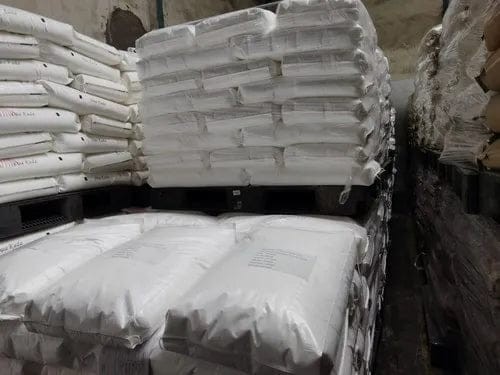
Loading...

Loading...
October 6, City Star Building, Tower 6, Al-Taurus 3, Office 12, Egyptian Corporation for Public Supplies

Polymer Products for Wastewater Treatment Plants Polymers are widely used in wastewater treatment due to their ability to enhance sedimentation, filtration, and the removal of suspended solids.
These chemicals, also known as flocculants or coagulant aids, are essential in both industrial and municipal wastewater treatment processes.
--- Types of Polymers:
1. Cationic Polymers Positively charged Effective in removing organic matter such as plant and animal waste Commonly used in municipal and agricultural wastewater treatment
2. Anionic Polymers Negatively charged Used to remove inorganic materials like clay, silt, and metal particles Ideal for industries like mining and metal processing
3. Nonionic Polymers Electrically neutral Suitable for specific applications where charge is not required Effective in high-solids wastewater treatment
--- Forms of Polymers:
Powder (Dry Polymers): High active content, requires proper mixing Emulsions (Liquid Polymers): Easy to use, quick dissolution Hybrid Products: Combine features of both powder and emulsions for versatile use ---
Benefits of Using Polymers in Wastewater Treatment: Improved flocculation and sedimentation Reduced sludge volume Enhanced quality of treated water Lower operational and maintenance costs